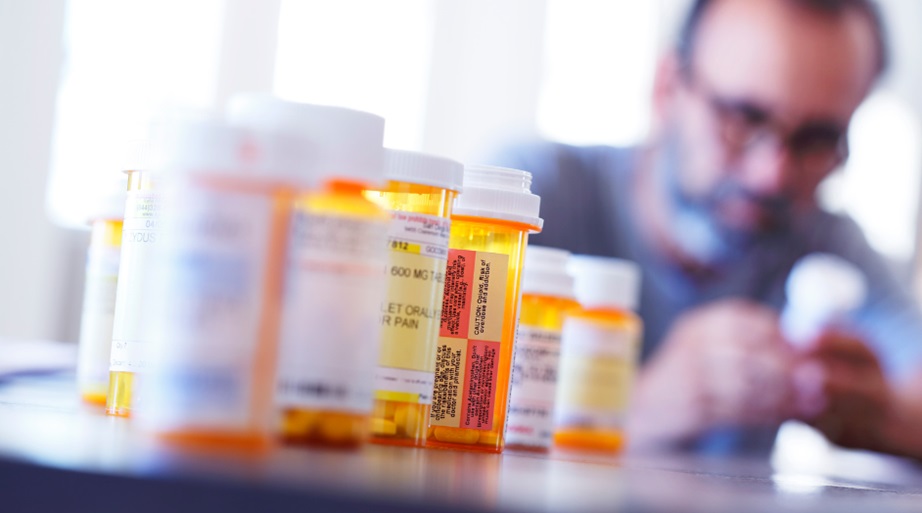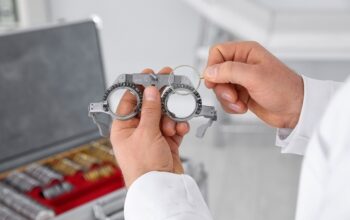Opioid addiction continues to be a critical issue affecting individuals and communities across the globe. In the quest for effective solutions, innovative approaches to treatment are gaining attention. For those seeking opioid addiction treatment in Alpharetta, these new methods offer hope for recovery and a healthier future.
Understanding the Challenge
Opioid addiction is notoriously difficult to treat due to the complex nature of addiction itself. The condition affects the brain’s chemistry, leading to physical and psychological dependencies that require comprehensive care strategies. Traditional treatment methods often struggle to address the multifaceted needs of those battling addiction, prompting the exploration of new approaches.
Integrating Holistic and Medical Therapies
A growing trend in opioid addiction treatment is the integration of holistic practices with conventional medical therapies. This combined approach seeks to treat the whole person, addressing mental, physical, and emotional health. Techniques such as mindfulness, yoga, and nutritional counseling complement medication-assisted treatment (MAT), creating a balanced and supportive recovery environment.
The Role of Technology in Treatment
Technology is playing an increasingly significant role in addiction treatment. Telehealth services enable remote counseling and therapy sessions, making support more accessible to those who might not otherwise receive it. Additionally, mobile apps provide tools for managing cravings and tracking recovery progress, offering users constant support and motivation.
How NAD Therapy Helps with Opioid Addiction
Another promising development is the application of NAD (Nicotinamide Adenine Dinucleotide) therapy. Research suggests that NAD therapy can aid in reducing withdrawal symptoms and improving overall well-being during recovery. For more insights on its effectiveness, consider reading this article.
Family and Community Support
The support of family and community greatly influences the journey to recovery. Understanding The impact of opioid addiction on families and relationships is crucial for fostering supportive environments. Community programs and family counseling can provide the necessary backing to enhance treatment efficacy and encourage lasting recovery.
Personalized Treatment Plans
Each individual’s path to recovery is unique, necessitating personalized treatment proposals that address specific needs and goals. These tailored plans often include a combination of therapies and support systems designed to maximize the effectiveness of treatment. A personalized approach ensures that each person receives the care they need to achieve and maintain sobriety.
Conclusion
Innovative approaches to opioid addiction treatment are reshaping the landscape of recovery. By integrating new therapies, leveraging technology, and providing comprehensive support, these methods offer renewed hope for individuals seeking to overcome addiction. As these strategies continue to evolve, they hold the promise of transforming lives and communities affected by opioid addiction.
Frequently Asked Questions
1. What are the benefits of combining holistic practices with medication-assisted treatment?
Combining holistic practices with medication-assisted treatment creates a comprehensive care plan that addresses mental, physical, and emotional well-being, thus enhancing recovery outcomes.
2. How does technology improve access to addiction treatment?
Through telehealth services and mobile apps, technology improves access by providing remote counseling, constant support, and tools for managing recovery, making it easier for individuals to receive care.
3. Can NAD therapy be combined with other treatments for opioid addiction?
Yes, NAD therapy is often used alongside traditional treatments to help reduce withdrawal symptoms and promote biochemical balance in the brain, supporting a smoother recovery process.




